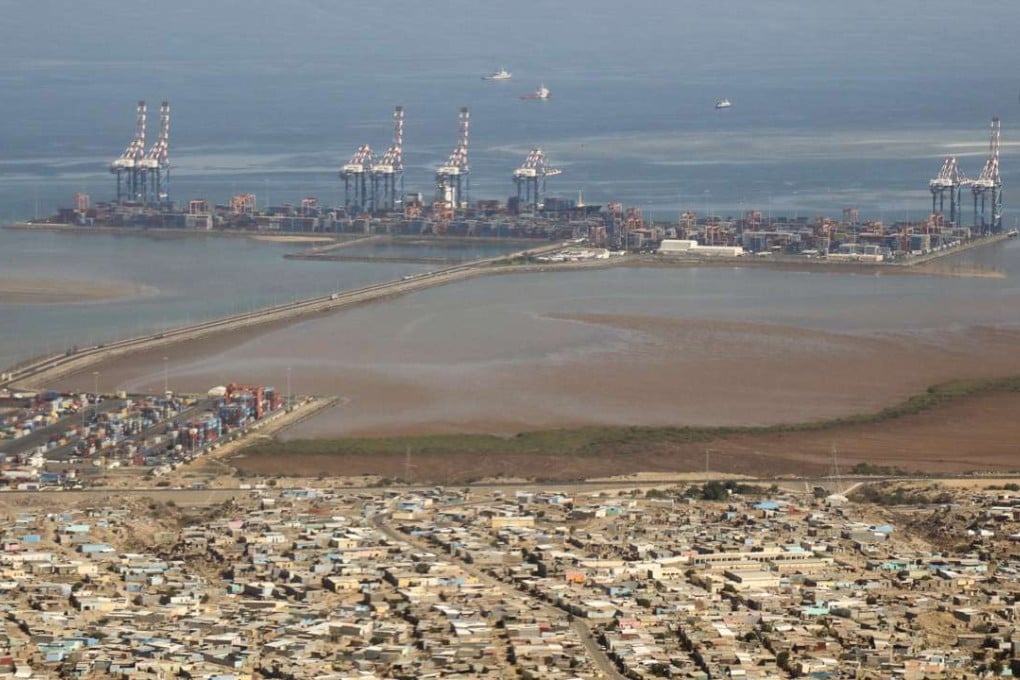How a Chinese investment boom is changing the face of Djibouti
Projects include US$590 million port and China’s first overseas military base

A growing influx of Chinese visitors in the small East African nation of Djibouti convinced former fruit and vegetable trader Zhou Yi last year that it was an opportune time to buy the best-known Chinese restaurant in the Djiboutian capital, Djibouti City.
She took over the China Town restaurant in the city’s Heron district, home to many foreign embassies and international non-profit organisations, in October after mulling the purchase for nearly four months.
The 59-year-old from Shandong province, in eastern China, lived in a guest room at the restaurant while making up her mind.
Zhou said the relatively peaceful environment in Djibouti and an increasing number of Chinese visitors, mostly connected with Chinese-funded investment projects, were the main reasons for her decision.
“I just wanted to find a place to settle down in Djibouti,” she said.
Now the restaurant’s owner and chef, Zhou left China for Africa four years ago. Shandong is China’s largest agricultural exporter and she travelled the Middle East and Africa selling fruit and vegetables in places where harsh climates and a paucity of arable land made local production difficult.